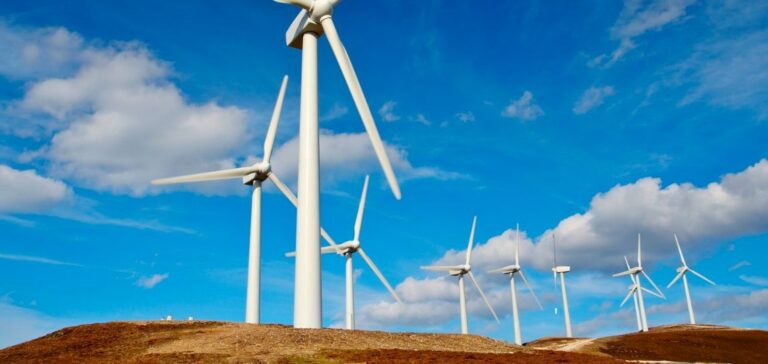In Quebec, Hydro-Quebec has a mandate from the government to ensure the development of wind resources.
A new strategy for Quebec
Quebec is seeking to develop a procurement strategy for wind resources. Thus, the objective is to ensure the participation of industry and local community partners. This strategy will effectively and cost-effectively address the need to increase renewable energy supplies by 2030.
The tenders due before December 31, 2022 are being cancelled in their current form. The energy supplies in these tenders will benefit from a new mechanism. Thus, the new strategy will aim to develop more than 4000MW of wind power in favorable areas.
Essential coordination
According to Hydro-Quebec, the demand for electricity in the Belle Province will increase by 25TWh over the next 10 years. Thus, the production of electricity must increase significantly. The Quebec government is therefore seeking to build on the development of additional wind resources by 2030.
This situation highlights the importance of coordinating the construction of wind farms. Hydro-Québec must be able to connect them to its transmission system quickly and at a reasonable cost. Thus, taking an integrated approach to wind development is essential to optimize energy development.






















